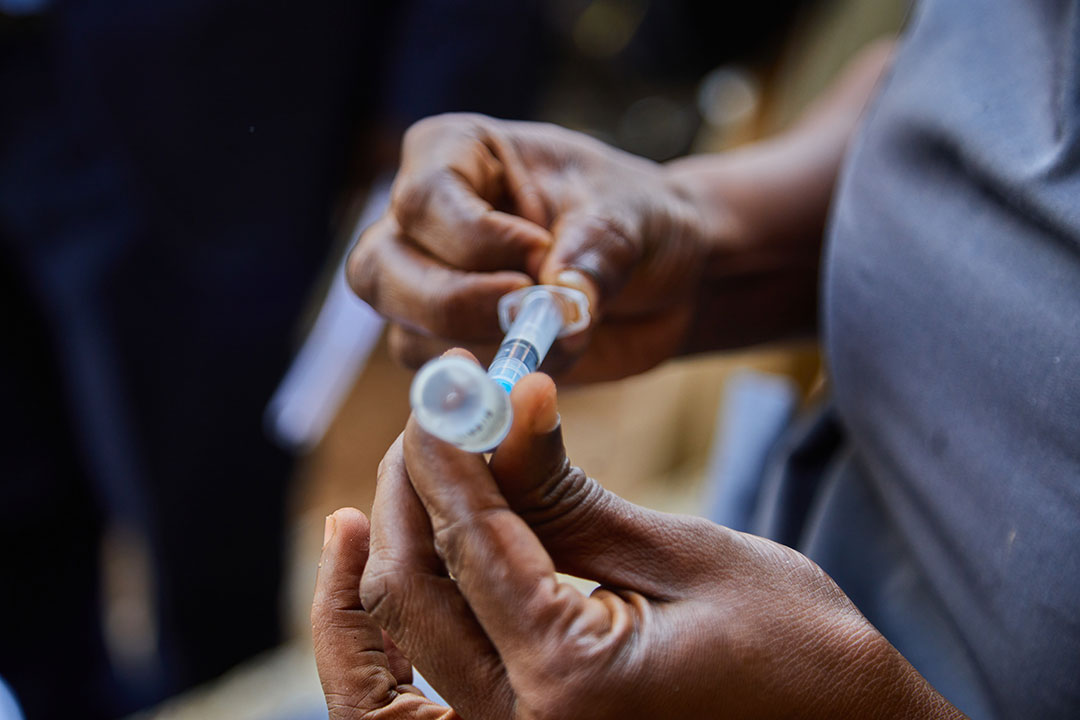22/04/24
Gavi.org

The Ministry of Health of the United Republic of Tanzania, in partnership with Gavi, the Vaccine Alliance (Gavi), UNICEF and the World Health Organization (WHO), today launched the national multi-age cohort (MAC) vaccination campaign against the human papillomavirus (HPV) – the leading cause of cervical cancer. The campaign, which is targeting over 5 million girls aged 9–14 years, will run from Monday, 22 April, to Friday, 26 April 2024.
While cervical cancer remains a significant cause of death among women in Tanzania, with more than 10,800 cases and 6,800 deaths in 2022 alone, it is vaccine preventable. The HPV vaccine is safe and highly effective in preventing infections. During the campaign, eligible girls will have the opportunity to receive a single dose of the HPV vaccine at no cost.
Efforts to increase access to the HPV vaccine across Tanzania have made substantial progress. In 2018, the two-dose vaccine was integrated into the national routine immunization programme for 14-year-old girls, demonstrating the government's commitment to safeguarding the health and well-being of future generations.
To date, coverage of the first dose of the HPV vaccine has reached 79%, and the second dose is at 60%. Combined efforts are needed to ensure every girl in Tanzania receives crucial protection against this deadly yet preventable disease. Following the MAC campaign, the vaccine will continue to be provided routinely as a single dose to nine-year-old girls. It will go a long way towards increasing girls’ protection.
Tanzania’s progress in administering the HPV vaccine is a critical part of a broader global initiative supported by the Vaccine Alliance, which has committed additional funding and resources towards reaching 86 million girls worldwide with the HPV vaccine by 2025.
The campaign will leverage African Vaccination Week, synchronized with World Immunization Week (24 to 30 April), during which routine childhood vaccinations along with health education will be provided for girls in schools, health facilities and community centres countrywide.
Throughout this week, the Ministry of Health, Gavi, UNICEF and WHO are urging communities to encourage girls to get vaccinated against cervical cancer and to aim for a future where no girl is burdened by this disease.
*Gavi, the Vaccine Alliance is the recipient of the 5th Sunhak Peace Prize. For more detailed information about Gavi, please refer to the link below. ↓↓↓ |